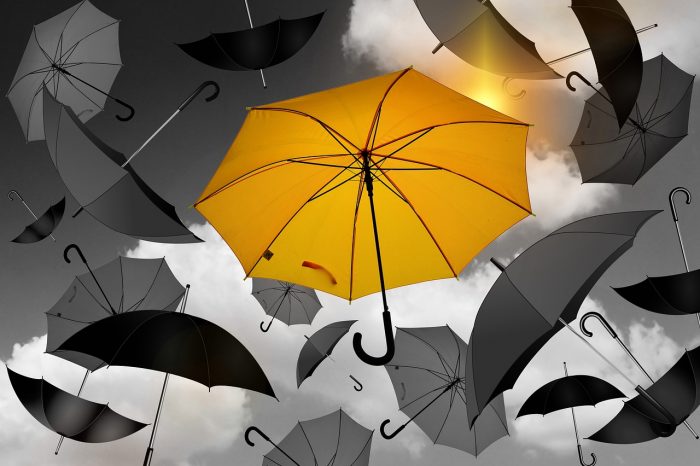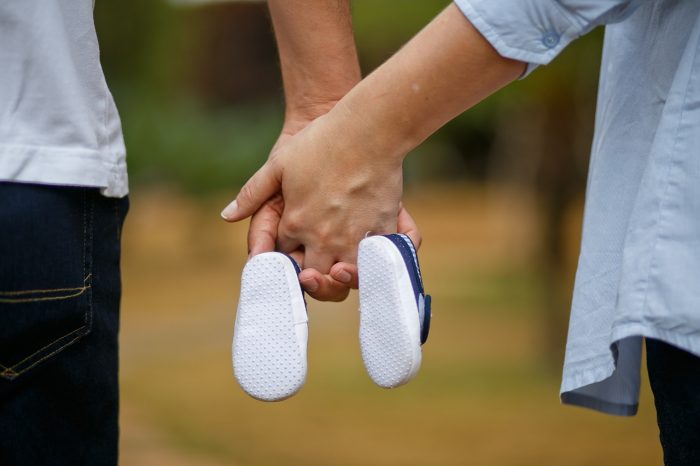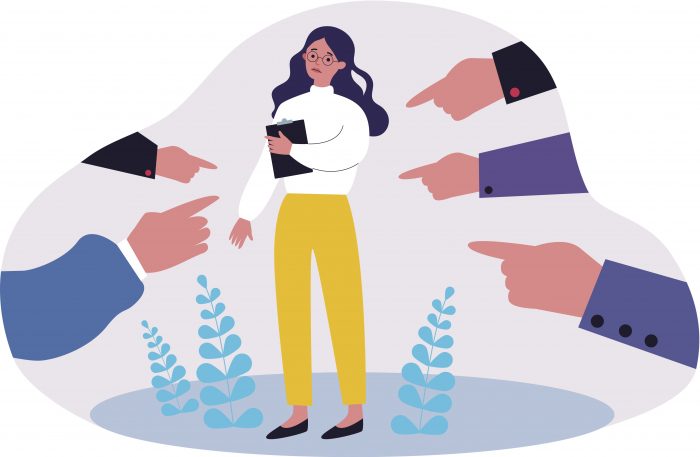By Daniel Dunaief

The number of Advanced Placement courses has expanded dramatically since parents were the age of their high school children.
Whereas we could have taken, say, four or five APs, the modern high school student can graduate with considerably more.
Current students can and sometimes do take as many as eight, nine, 10 or more AP classes, in the hopes of knocking the socks off college admissions counselors, guidance counselors and future prospective employers. All those AP classes can also give students enough college credits to help them graduate in under four years.
I’d like to propose my own list of AP classes for future generations.
— AP Listening. So many people love to talk, to hear their own voices, and to tell others how they’re wrong even before people can share a fully formed opinion. In this class, students would be required to listen to new ideas, to consider them and to react and interact with others. Speaking would be considerably less important than listening carefully.
— AP Conspiracy Theory. We all know that conspiracy theories are as ubiquitous as “Welcome” signs in corner stores. This AP class would look deeply at some of the most detailed conspiracy theories, giving students a chance to question everyone and everything, including those people who create and pass along conspiracies.
— AP Saying No. To borrow from former First Lady Nancy Reagan, saying “no” to drugs, among other things, is a healthy and important part of growing up and making the most of the college experience. The class could provide students with a wide range of situations in which students say “no” without damaging their ego or social status.
— AP Social Media Etiquette, or SME, for short. Some seniors get into colleges well before their colleagues. When they do, they post pictures of themselves on campus, their parents wearing gear from the school that admitted them, and the school emblem or insignia with confetti coming down from the top of the screen. Yes, you got into college, and yes, that’s wonderful, but other members of your class are still applying and don’t need to feel awful because they haven’t gotten in anywhere yet.
— AP It’s Not About Me (or, perhaps, INAM). Yes, this is a bit like a psychology class, but instead of studying theories and psychology legends, these students could explore real-life scenarios in which, say, Sue becomes angry with John. John may not have done anything in particular, but Sue may be reacting to someone else in her life, like her parents forcing her to take AP It’s Not About Me instead of going to soccer practice.
— AP Take Responsibility. When something goes wrong at school, work or in the house, it’s far too easy to point the finger at someone else. In this class, students can learn how to take responsibility, when it’s appropriate, and demonstrate courage, leadership, and initiative in accepting responsibility for their mistakes.
— AP Personal History. Each of us has our own story to tell. Colleges urge prospective students to find their authentic voice. That’s not always easy in a world filled with formulas and scripted and structured writing. In this personal history class, students could take a microscope to their own lives and to the lives of their extended family, understanding and exploring characteristics and life stories. Students might discover family patterns they wish to emulate or to avoid at all costs.
— AP Tail Wagging. While the world is filled with problems, students could explore modern and historical moments and ideas that inspire them and that give them reasons to celebrate. This class could blend a combination of historical triumphs with small daily reasons to celebrate or, if you prefer, to wag your tail.
— AP Get to Know Your Parents. High school students who are well ahead of their time emotionally and intellectually may come to the conclusion many others reach before their mid 20’s: that their parents are, big shock here, people! Yeah, we do ridiculous thing like send them in the wrong clothing to school, miss important dances, and embarrass them by kissing them in front of their friends. This course could help accelerate the process of seeing parents for the imperfect creatures who love them unconditionally.














